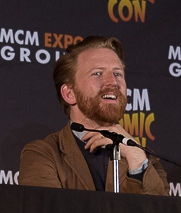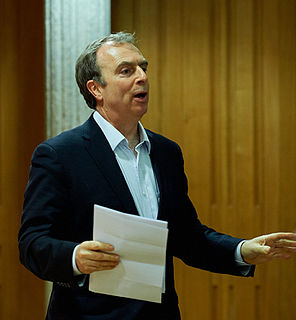A Quote by Susan Hill
I have only read very classic traditional English ghost stories, other than Henry James, who wrote some magnificent short ones as well as the longer 'Turn of the Screw.' He, Dickens, and M.R. James are my influences.
Related Quotes
While reading writers of great formulatory power — Henry James, Santayana, Proust — I find I can scarcely get through a page without having to stop to record some lapidary sentence. Reading Henry James, for example, I have muttered to myself, "C’mon, Henry, turn down the brilliance a notch, so I can get some reading done." I may be one of a very small number of people who have developed writer’s cramp while reading.
You can't learn to write in college. It's a very bad place for writers because the teachers always think they know more than you do - and they don't. They have prejudices. They may like Henry James, but what if you don't want to write like Henry James? They may like John Irving, for instance, who's the bore of all time.
You can’t learn to write in college. It’s a very bad place for writers because the teachers always think they know more than you do—and they don’t. They have prejudices. They may like Henry James, but what if you don’t want to write like Henry James? They may like John Irving, for instance, who’s the bore of all time. A lot of the people whose work they’ve taught in the schools for the last thirty years, I can’t understand why people read them and why they are taught.
I read everything I could find in English - Twain, Henry James, Hemingway, really everything. And then after a while I started writing shorter pieces in English, and one of them got published in a literary magazine and that's how it got started. After that, graduate school didn't seem very important.
































